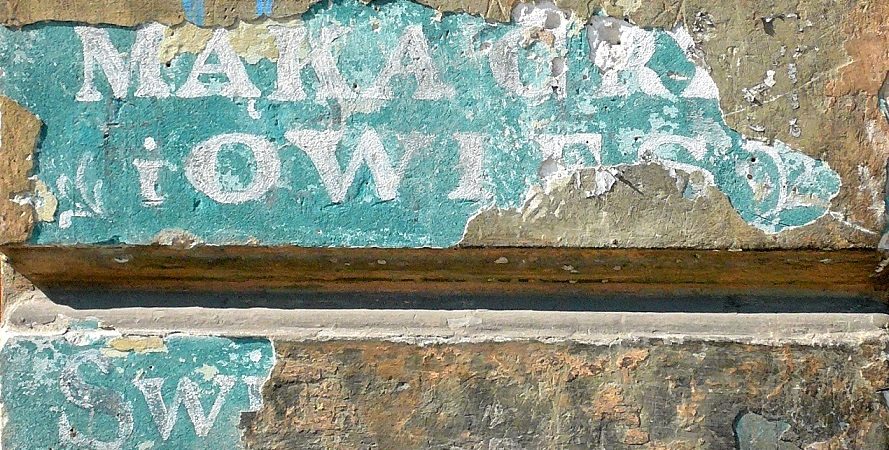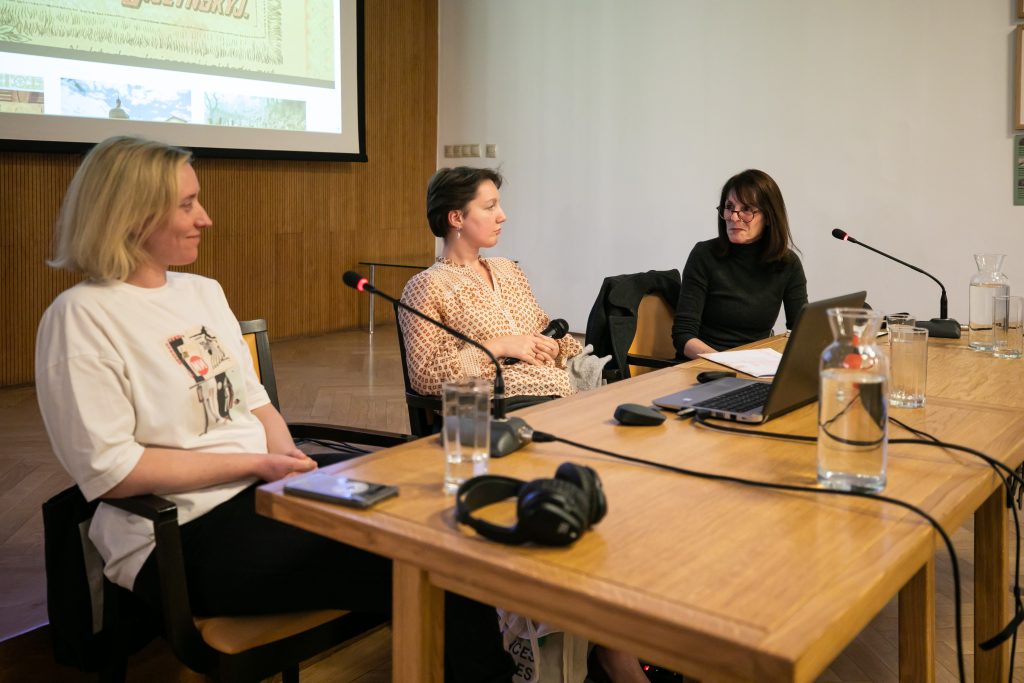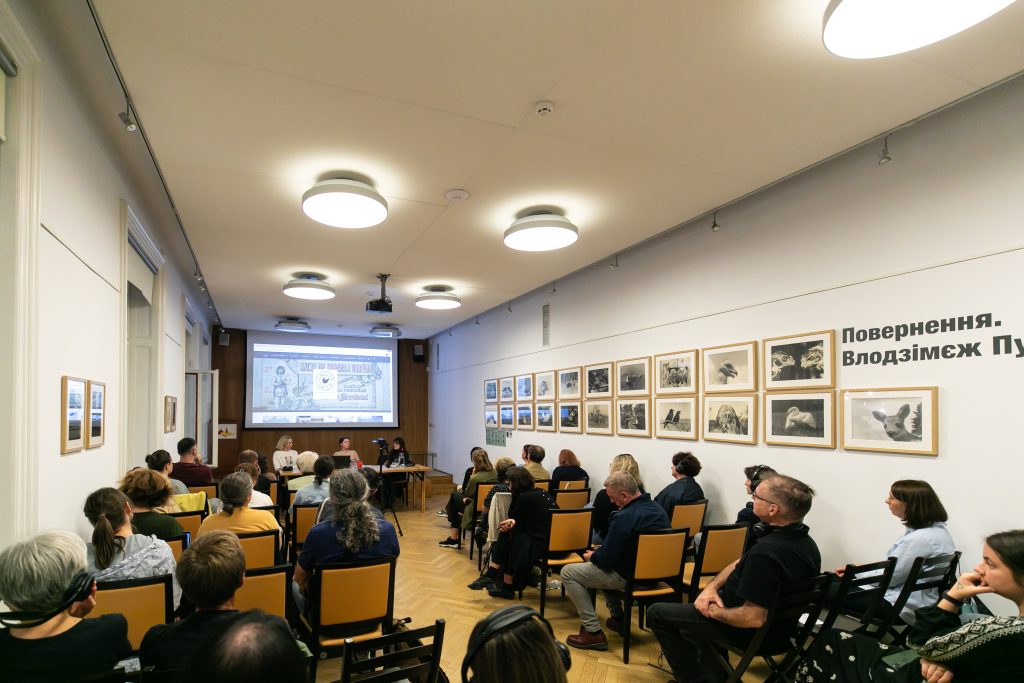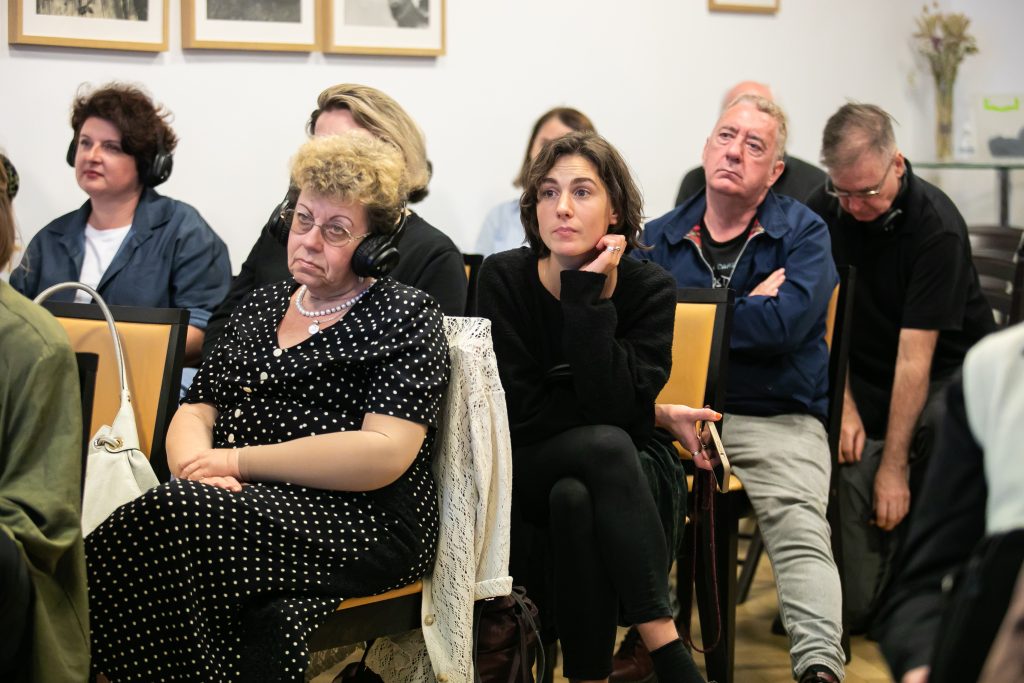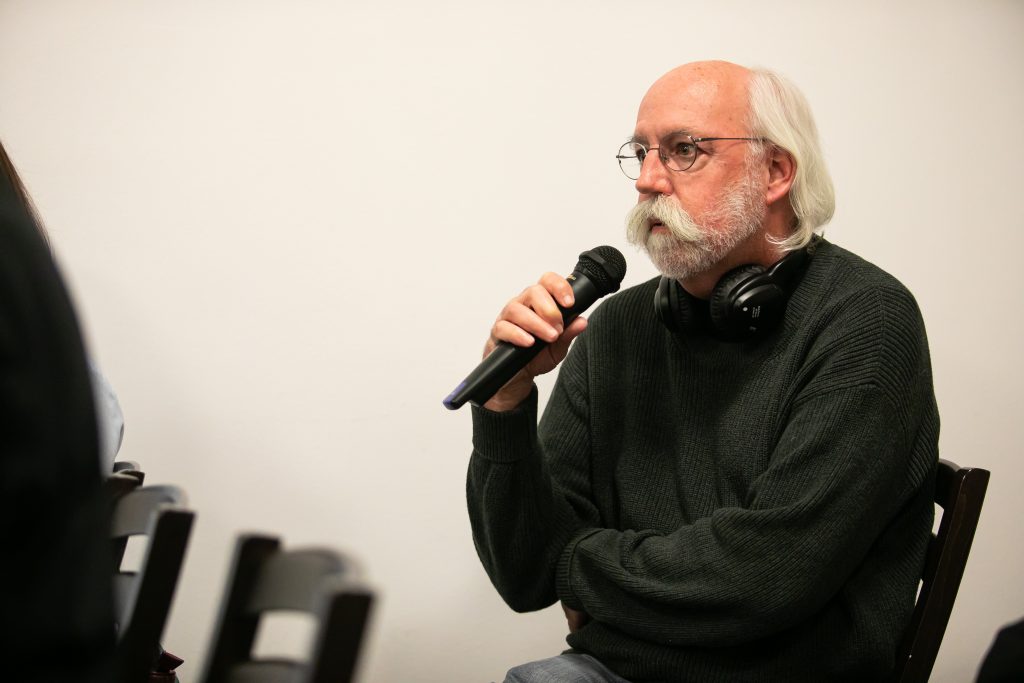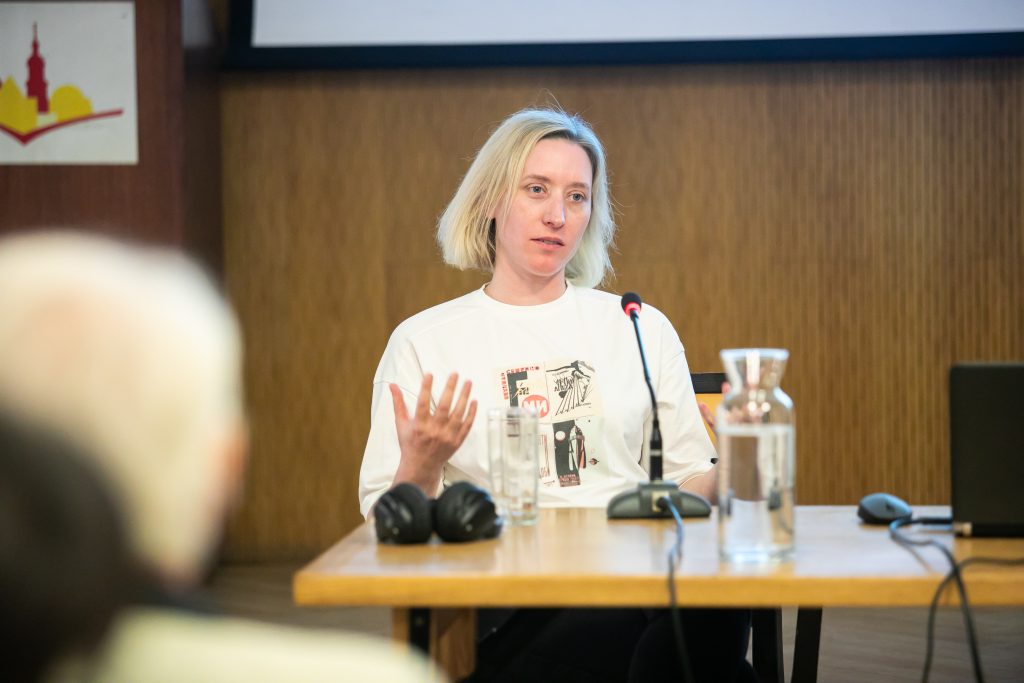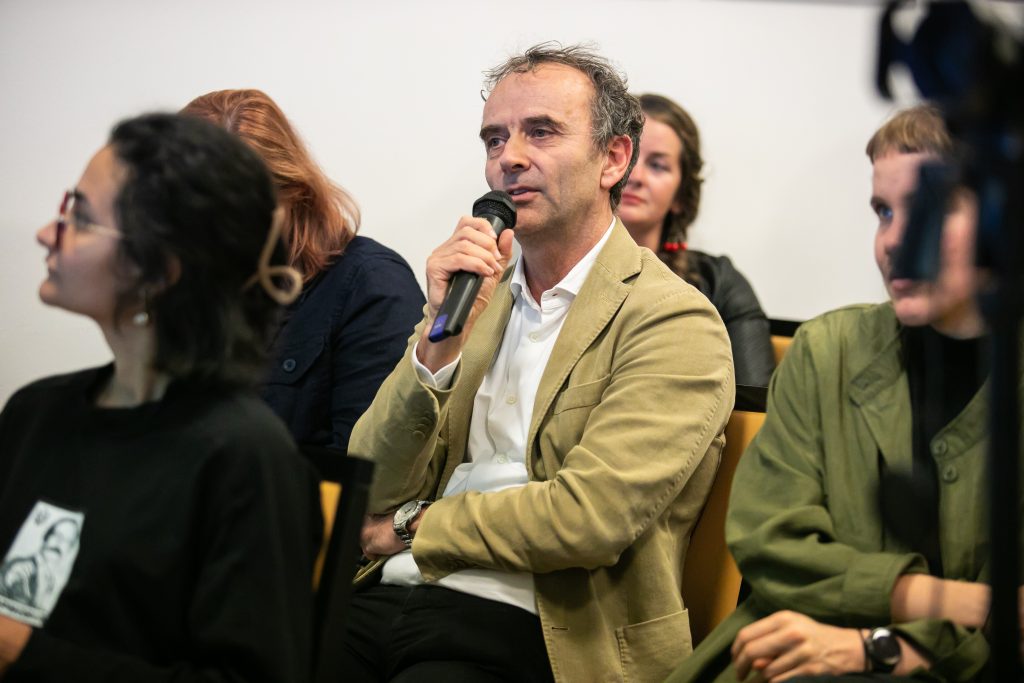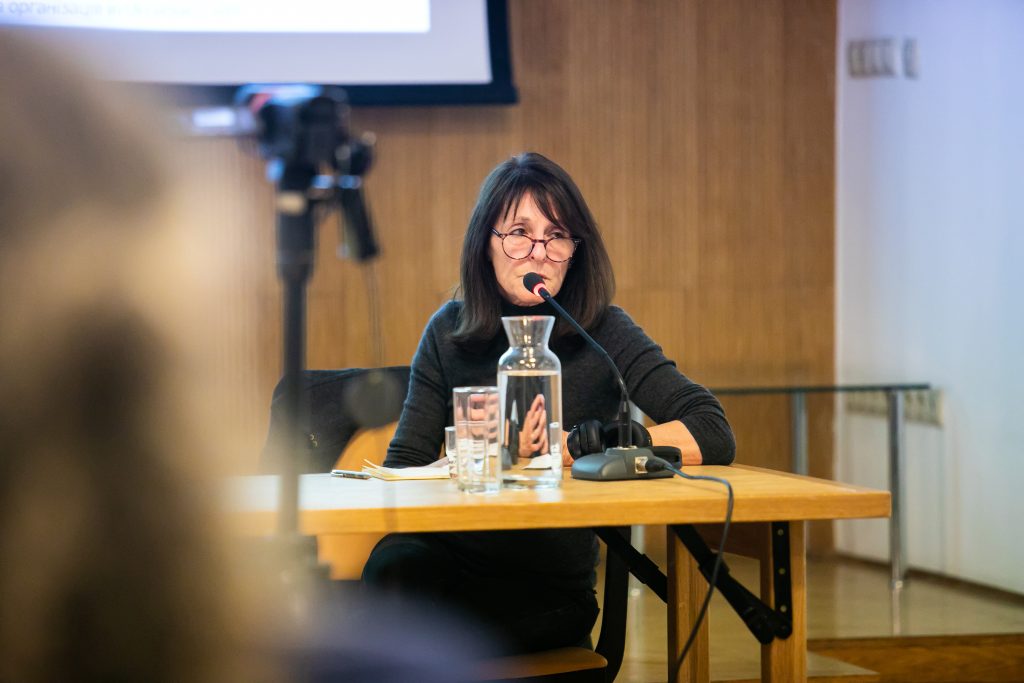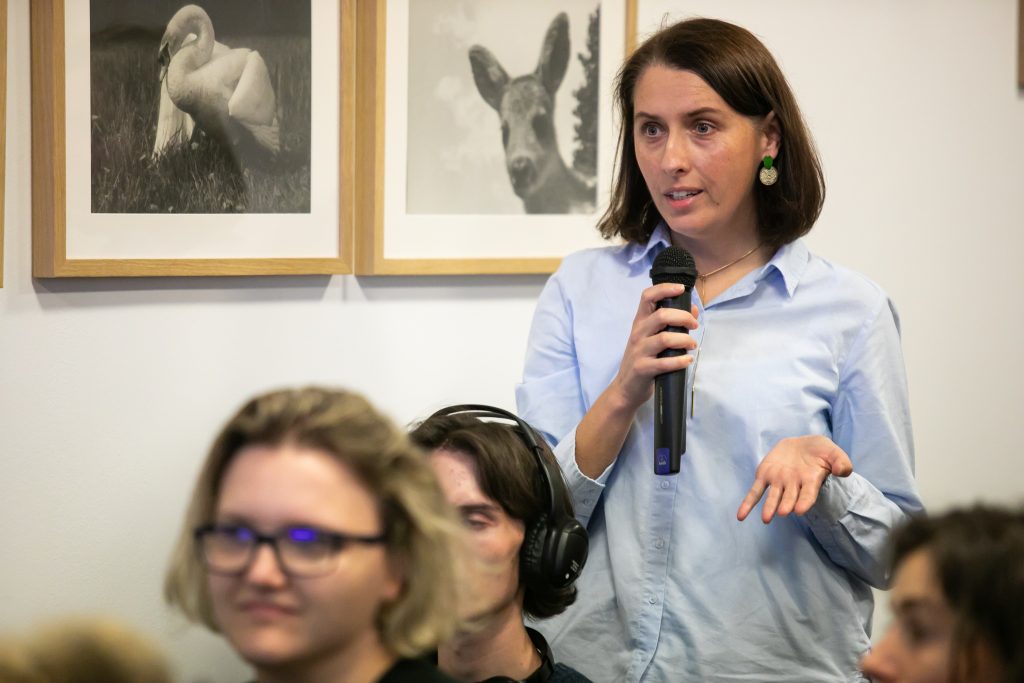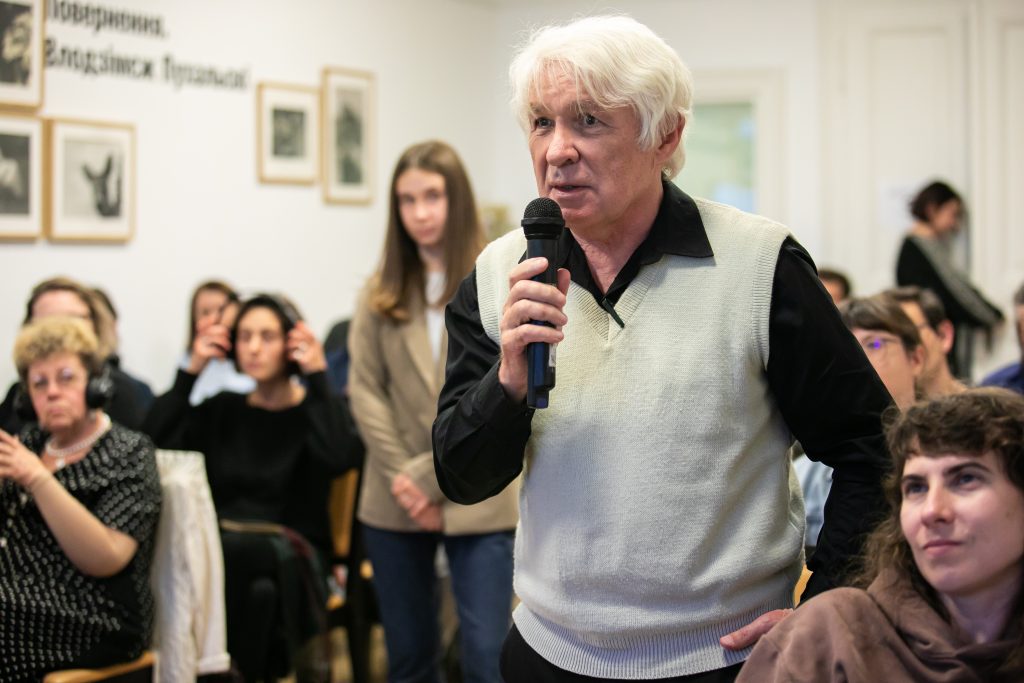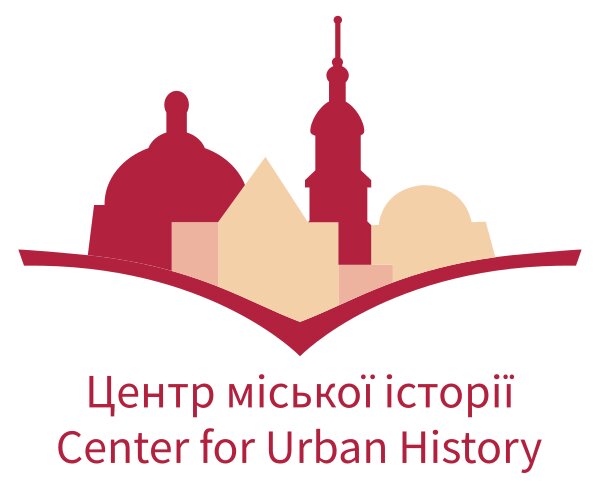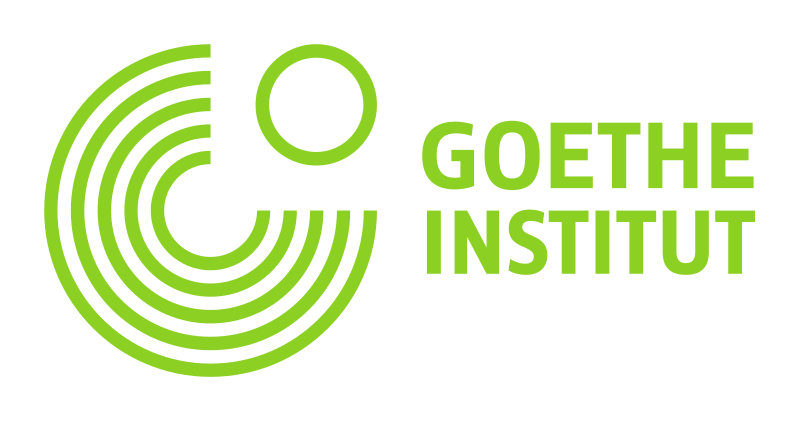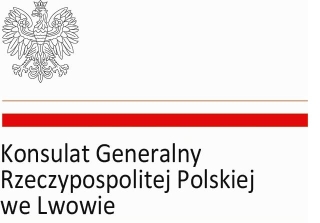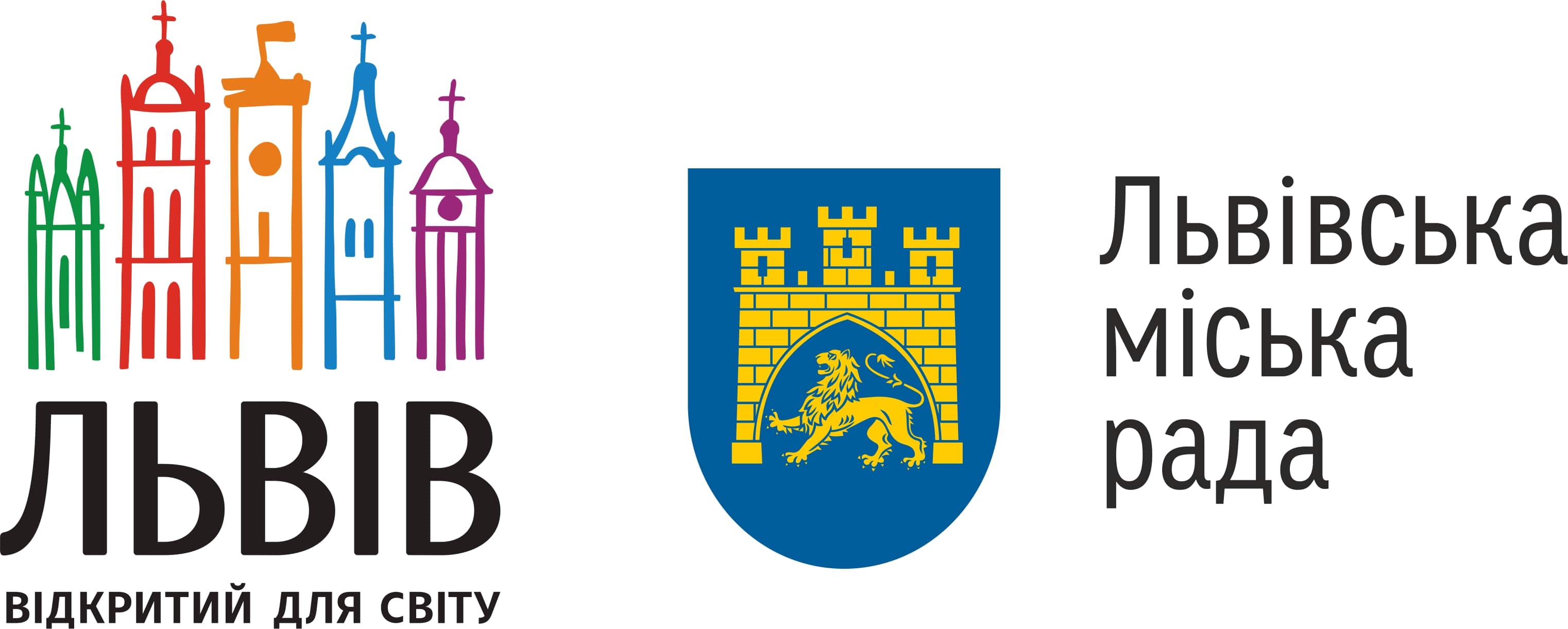Remembering Home: Stories of Returns
19.9.2024, 18:30
Conference Room of the Center for Urban History, Bohomoltsia 6
We are pleased to invite you to the conversation "Remembering Home: Stories of Returns", which continues the series "Domowroty / Returning / Homing".
Usually, we tend to think that home is where we were born. Or perhaps the concept of home has a broader meaning? Since the nineteenth century, several waves of mass migration have taken place on Ukrainian lands, when peasants, workers, Jews, Orthodox, Catholics, and many other representatives of various social or religious groups left for economic and political reasons. In Canada, the United States, Argentina, and Brazil, the descendants of these migrants were born and built their lives without visiting their ancestral lands for various reasons. For example, for some, such a visit would have been difficult or even dangerous because of the Soviet regime. For others, the very thought of traveling to the land where their families were destroyed by pogroms and wars seemed unacceptable.
The memory of the former home changed and intertwined in family legends or fragments of information that were passed down from generation to generation. Later, after the collapse of the Soviet Union, it was possible to come and see what remained. Even a separate sphere of heritage tourism emerged for those who wanted to feel and understand the connection with the land of their origin.
However, for another group of people from Ukrainian lands, visiting the towns or villages of their ancestors became more than just a tourist visit. During their visits, they began to look for opportunities to return for a longer period of time, to find work, start a business, or do volunteer work.
During the event, we will hear the stories of people who came to Ukraine with roots here and stayed. Has Ukraine become their newfound home?
Marla Osborn from California together with Jay Osborn founded the Rohatyn Jewish Heritage organization, which cares for the Jewish cemetery and the memory of Jewish Rohatyn. Areta Kovalska from Chicago created the Forgotten Galicia page, which promotes the multicultural heritage of Habsburg-era Galicia. Vladyslava Moskalets organizes individual trips in search of her roots and will contribute to the meeting with her research perspective.
Languages of the event: Ukrainian and English (with simultaneous translation).

Marla Raucher Osborn
President of Rohatyn Jewish Heritage, a nonprofit organization that develops and implements heritage preservation projects to reconnect the history of Rohatyn’s Jewish community with the people and places of the modern Ukrainian city.

Areta Kovalska
Author of the English-language blog “Shadows of Forgotten Galicia,” where she collects, records, disseminates, and preserves traces of Lviv’s past and the region’s wider history as part of the Austro-Hungarian Empire.

Vladyslava Moskalets
Doctor of History, researcher at the Center for Urban History. Since 2016, she has been teaching courses related to nineteenth-century Ukrainian and Jewish history, consumer history, and Hebrew. She is a senior lecturer at the Department of History at the Ukrainian Catholic University and coordinator of the Jewish Studies program.
Drawing on the metaphor of "returns," which is particularly sensitive today, the series "Domowroty / ПОВЕРНЕННЯ / Homing" actualizes reflections on the constant process of physical and material return, as well as emotional and intellectual reflections on what is place, belonging, and connection. The public program is part of the project "Homing: Returns of People, Places and Archive." The project is implemented in cooperation with the Goethe-Institut in Ukraine.
The exhibition "Domowroty / ПОВЕРНЕННЯ / Homing" is organized by Andrij Bojarov, Center for Urban History and Lviv Municipal Art Center in partnership with the Consulate General of the Republic of Poland in Lviv and Department of Culture of the Lviv City Council.
Credits
Cover Image: Forgotten Galicia
Gallery: Ira Sereda
